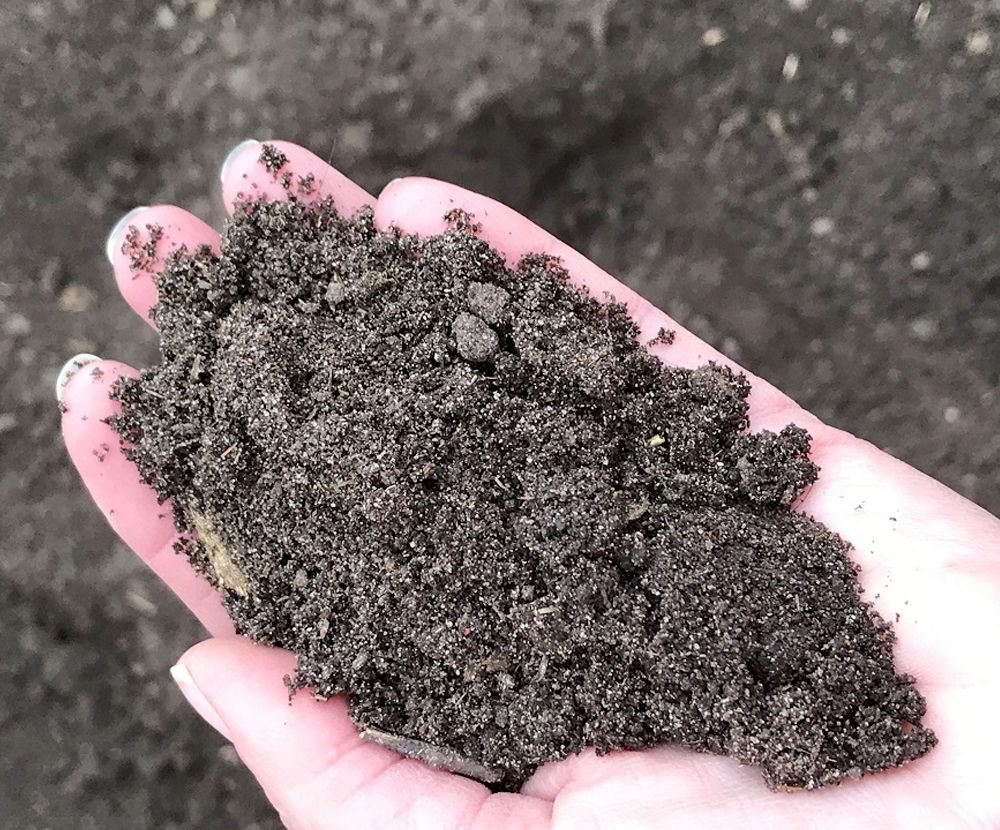Manure/Compost Analysis
For those who prefer more natural soil conditioning and fertilizing agents, compost and manure are among the first choices. These two material are organic, relatively inexpensive, and safer for the environment. While both are effective as soil amendments, they are formulated and used differently.
Compost is the product of decomposed organic material. It is a fluffy, humus-like material that is the end result of a specific method of processing natural plant and waste materials. Compost is created by natural decomposition and chemical processes. Adding compost supplies nutrients that are essential for plant growth. Compost is also a good soil amendment, adding density, increasing porosity and reducing compaction.
Manure improves soil texture, aeration, water filtration and ability to hold moisture. Animal manure has long been used as a source of nutrients. However, the nutrient content varies considerably because of the natural variation in raw materials and in the environment. It is however manure’s organic carbon that provides its potential environmental value. Soil organic matter is considered nature’s signature of a productive soil. Organic carbon from manure provides the energy source for the active, healthy soil microbial environment that both stabilizes nutrient sources and makes those nutrients available to crops.
Farmers need to know, through laboratory analysis, the amounts of nutrients supplied in compost or manure to properly adjust commercial fertilizer rates to meet crop needs.

